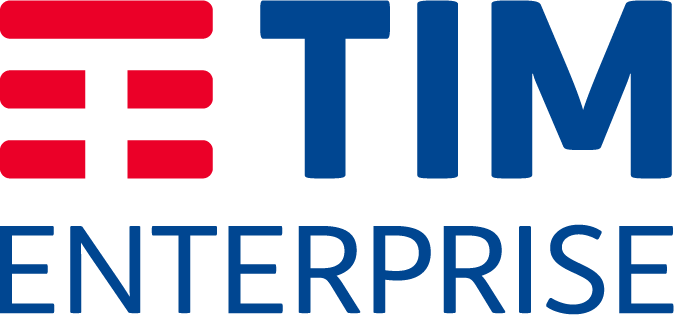The Imperative for Seamless Connectivity in a Globalized Era
Modern enterprises operate in a deeply interconnected world, spanning offices, partners, and customers across borders and continents. Facilitating uninterrupted global mobility is crucial, yet the challenges are significant: complex contracts, inconsistent service standards, fragmented roaming solutions, and variable local compliance requirements. This complexity can slow decision-making, introduce risk, and impede collaboration.
Recent research by IDC reveals that over 68% of European multinational companies cite cross-border network reliability as a top concern in their IT strategy for 2025 (IDC, 2024). Meanwhile, GSMA Intelligence reports that global data roaming traffic grew by 65% from 2022 to 2024, with European enterprises representing the fastest-growing segment (GSMA Intelligence, 2024).
Key Challenges for the Multinational Enterprise
- Fragmented network coverage and inconsistent roaming agreements create complexity for IT teams, impacting workforce productivity and end-user satisfaction.
- Lack of centralized management leads to opaque costs, inconsistent security policies, and operational inefficiencies across borders.
- Regulatory and compliance requirements differ by country, mandating local expertise and adaptive solutions to avoid penalties and ensure data protection.
- Varying levels of network resilience and service standards mean that a single-point-of-failure can disrupt operations on a global scale.
The Enterprise Solution: Leveraging Global Telecom Partnerships
Leading European telecom operators—such as Deutsche Telekom, Orange, TIM, Telia, Swisscom, BT, Eir Evo, Odido, and NOS—have strategically joined forces within alliances like the FreeMove Alliance to address these very challenges. These partnerships unify robust local expertise, infrastructure, and services, delivering harmonized, scalable enterprise connectivity beyond borders.
For example, the recent addition of du, UAE’s primary telecommunications provider, to the FreeMove Alliance enables enterprises to access seamless, high-quality connectivity in the Middle East, building on FreeMove’s extensive European and international network. This expansion means that multinational companies with operations in Europe and the Gulf region benefit from unified, enterprise-grade mobility services, simplified contracting, and predictable roaming costs.[1]
Case in Point: Cross-Border Connectivity in Action
One of the world’s largest law firms, Clifford Chance, leverages the FreeMove Alliance and Deutsche Telekom to provide its global workforce with harmonized mobility services and a wide international roaming footprint. This partnership underpins seamless communication and secure data access for their teams operating across 13 European countries, the US, and Asia Pacific, enabling true cross-border collaboration and client service excellence.[4]
Best Practices for Achieving Seamless Cross-Border Connectivity
- Centralize mobile communication management: Adopt a single point of contact and integrated contract approach by utilizing alliances like FreeMove, which offer a Global Account Manager model. This simplifies vendor management, negotiates unified service levels, and drives cost efficiencies across all operating regions.[2]
- Harmonize security and compliance protocols: Partner with telecom providers experienced in navigating diverse regulatory landscapes. Ensure consistent implementation of data privacy, security, and compliance standards via centralized orchestration, while leveraging local expertise for adaptation.
- Prioritize network resilience and service quality: Select partners with award-winning networks and proven SLA performance in every critical market. Ensure access to best-in-class mobile infrastructure to guarantee business continuity, even as requirements shift with the organization’s geographic footprint.[5]
Unlocking Future Potential Through Cross-Border Collaboration
As the demands on the enterprise evolve, mobility and connectivity strategies must remain agile and resilient. Telecom partnerships and alliances are evolving rapidly to meet these needs, offering consolidated contracts, customized service portfolios, and 24/7 support for global users. With hybrid work models, real-time collaboration, and digital transformation at the forefront, forward-thinking ICT leaders are already reaping the benefits of unified, cross-border connectivity frameworks.
The recently expanded collaboration between FreeMove Alliance and du exemplifies the strategic direction required: prioritizing global reach, local expertise, and seamless service integration to empower the international workforce.[1]
Strategic Reflection for CIOs, CTOs, and Enterprise Leaders
The role of the CIO, CTO, and procurement leaders is pivotal in unlocking the value of global mobility and enterprise connectivity. By proactively targeting telecom partnerships that foster roaming solutions and network resilience, technology decision-makers can create the foundations for long-term competitive advantage and growth. As cross-border business accelerates, consider engaging with collaborative communities such as the FreeMove Alliance to shape the future of enterprise mobility, harness industry insights, and achieve unparalleled operational agility in Europe and beyond.






